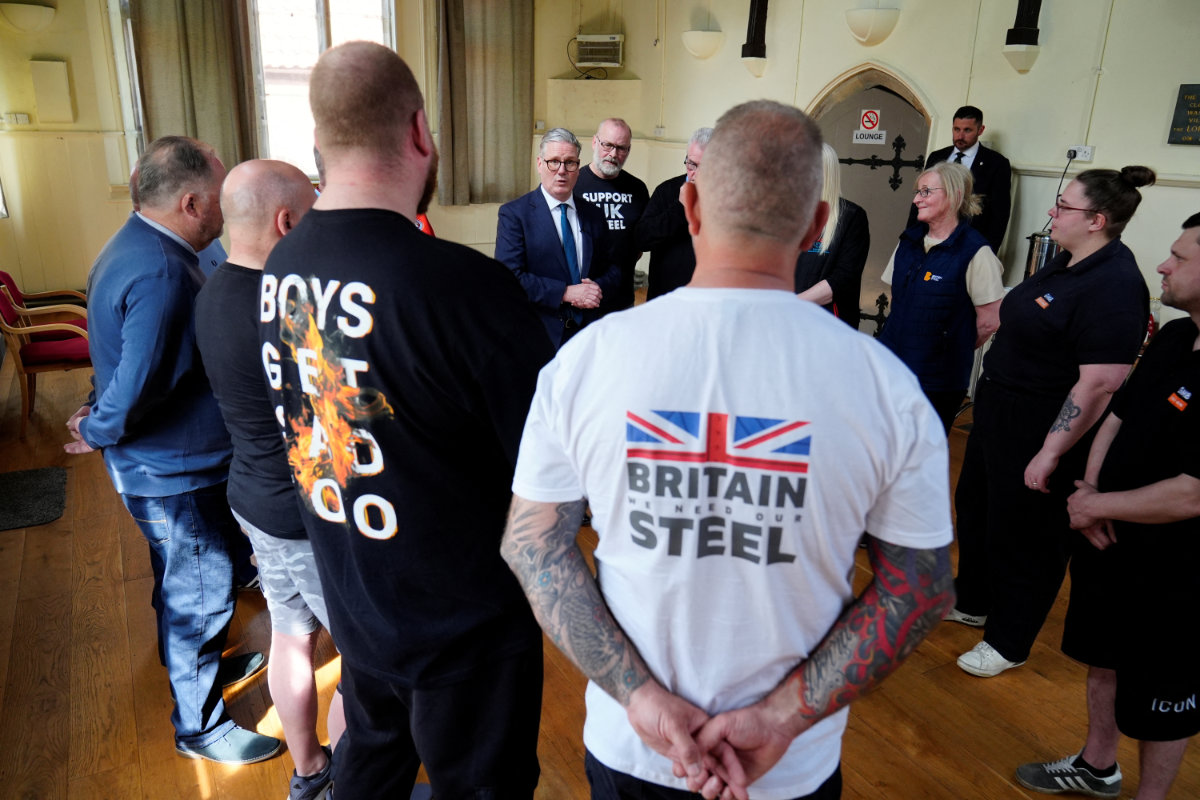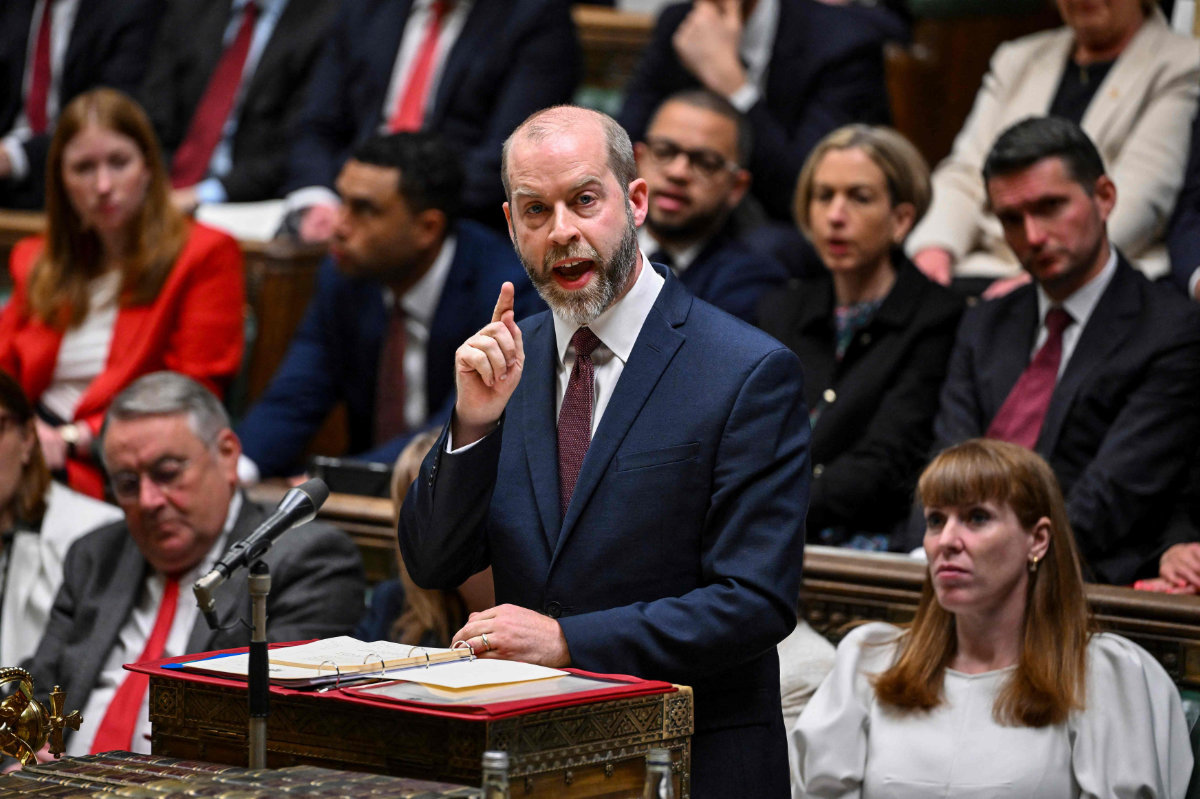PORT-AU-PRINCE: The leader of Haiti’s transitional presidential council tried to allay surging alarm among Haitians over rampant gang violence by acknowledging Thursday that the country has “become hell for everyone” and promising new measures to stop the bloodshed.
Fritz Alphonse Jean spoke a day after gunfire erupted in the capital, Port-au-Prince, as thousands of protesters demanding an end to gang violence clashed with police outside the offices of the council and the prime minister. It was the biggest protest held since the council was installed a year ago.
“Haitian people, you’ve spoken, and we’ve heard you,” Jean said. “We understand your misery. We know your pain and your suffering.”
More than 4,200 people have been reported killed across Haiti from July to February, and another 1,356 were injured, according to the UN.
Recent gang violence also left more than 60,000 people homeless in one month alone, according to the UN’s International Organization for Migration.
“This national address comes at a decisive moment for the transitional government,” said Diego Da Rin, an analyst with the International Crisis Group. “Protesters from various parts of the capital deliberately marched toward key government buildings to express their frustration.”
He noted that Jean’s address marked the first anniversary of the political agreement that established the new transitional government’s structure and objectives. Since then, cohesion between political parties involved in creating that government “has now largely collapsed,” Da Rin said.
“The groups that originally supported this government are now calling for a change in leadership,” he noted.
The council has not addressed those concerns, which also have been voiced by the international community.
During his public address, Jean rattled off a list of neighborhoods that gangs have recently attacked.
“You lost your homes, you lost your businesses, you lost your jobs, they raped you, they raped your kids. The criminal gangs killed a lot of people,” he said. “The fight against the darkness is not insignificant. But we are not insignificant ourselves… It’s nothing compared with the battle we fought to get out of slavery.”
Jean referenced how Haiti became the world’s first free Black republic in a bid to rally support from Haitians, asking them to help law enforcement officials and eschew efforts by gangs to recruit people, especially children.
“Don’t let people profit from your distress and drag you in bad directions,” he said.
Jean said the council would take “important measures” to help quell the persistent violence, including setting aside a special budget and incorporating agents from an armed state environmental group known as BSAP.
“The council asks the prime minister and the police to take these measures without delay,” Jean said. “We are telling everyone in this government that we are at war.”
Jean did not provide further details, including how much money would be set aside for the budget and how many BSAP agents would join the fight against gangs.
Jean also said that the electoral council is working so that Haiti can have new leadership once the transitional presidential council’s term ends on Feb. 7 next year. He added that officials are taking steps so that the diaspora can vote in what would be Haiti’s first general elections held in almost a decade.
Haiti has not had a president since former President Jovenel Moïse was assassinated in 2021, with gangs becoming increasingly powerful in the aftermath.
Last year, a UN-backed mission led by Kenyan police arrived in Haiti to help local authorities quell gang violence, but the mission remains understaffed and underfunded, with only about 40 percent of the 2,500 personnel originally envisioned.
Haiti taking more steps against gangs after thousands of protesters demand security
https://arab.news/yhnay
Haiti taking more steps against gangs after thousands of protesters demand security

- More than 4,200 people have been reported killed across Haiti from July to February
- Recent gang violence also left more than 60,000 people homeless in one month alone






























